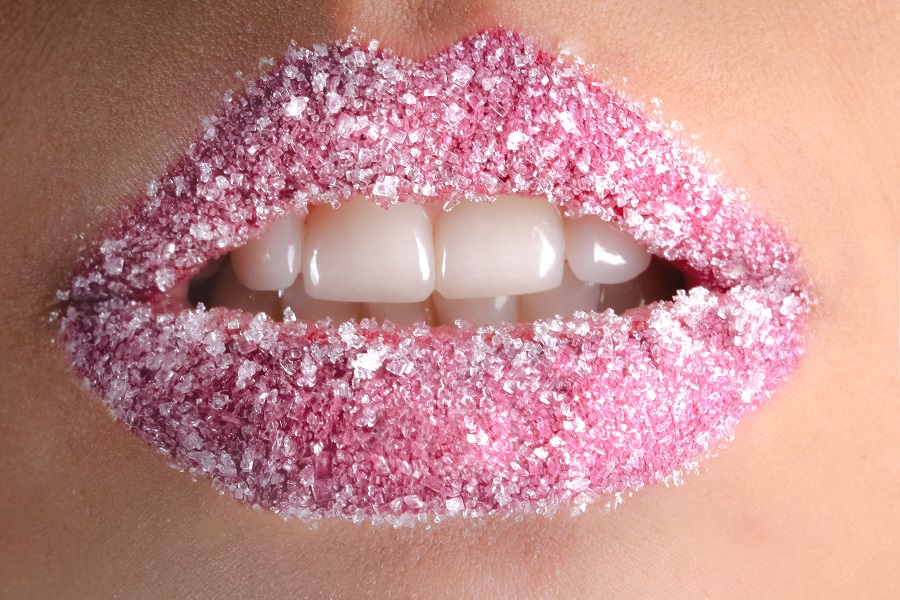Sugar has long been linked to tooth decay. But sugar-free gum isn’t off the hook, either. Chewing gum made with sugar substitutes, like xylitol, can cause cavities as well. Xylitol is an artificial sweetener that’s found in many sugar-free gums, mints, and candies. It’s also an ingredient in some toothpaste and mouthwashes.
Explain Xylitol
Xylitol is a naturally occurring sugar substitute that is found in the fibers of many fruits and vegetables, including berries and oats. It’s often used as an alternative to white table sugar and can reduce the risk of tooth decay and cavities. However, it’s important to remember that it can still contribute to decay if it remains on your teeth for too long or if it gets into your mouth when it’s not being actively cleaned off, so it’s still important to practice good oral hygiene habits in conjunction with using any type of sweetener.
Explain Sugar
Sugar is a specific type of carbohydrate that is found in a variety of foods, drinks, and condiments. It has also been used as a natural sweetener to prevent decay. However, like anything else, too much sugar can be dangerous to your teeth as well.
One of the most harmful sugars for your teeth is known as fructose. This tends to be found in fruits and other sweet foods like baked goods, candy, and even soda. When you eat foods that contain a lot of fructose, the bacteria in your mouth consume it and produce acids as a result. These acids are harmful to the enamel on your teeth and cause tooth decay and cavities. Other sugary foods that can harm your teeth include sports drinks, energy drinks, fruit juices, dried fruits, and syrups. All of these contain high amounts of sugar and should be avoided or consumed in moderation.
Xylitol vs. Sugar
While xylitol and sugar are both carbohydrates, there are some important differences between the two.
First, the sugar used in most foods today is a highly processed and refined sugar called sucrose that lacks nutritional value. In contrast, xylitol is a naturally occurring substance found in fruits and vegetables that has a positive impact on dental health when eaten in moderation. Second, excess consumption of refined sugar can lead to weight gain, diabetes, and even cardiovascular disease. On the other hand, adding a few pieces of xylitol-based candy to your trick-or-treat bag on All Hallow’s Eve is a healthy choice that may even prevent cavities if done in moderation.
At your next dentist appointment, be sure to ask about the health benefits of your toothpaste and whether it contains fluoride, a natural mineral found in water sources around the world. Fluoride helps strengthen tooth enamel and makes teeth up to five times more resistant to acid attacks from plaque bacteria.
To learn more, contact Healthy Smiles of Saint Louis at 4224 Watson Rd, St. Louis, MO 63109, or call (314) 832-1366.
More Blog Posts
Save time by completing your new patient forms and sending them to us online or bring them with you to your first visit.
- MON - THU8:00 am - 5:00 pm
- FRI - SUNClosed








